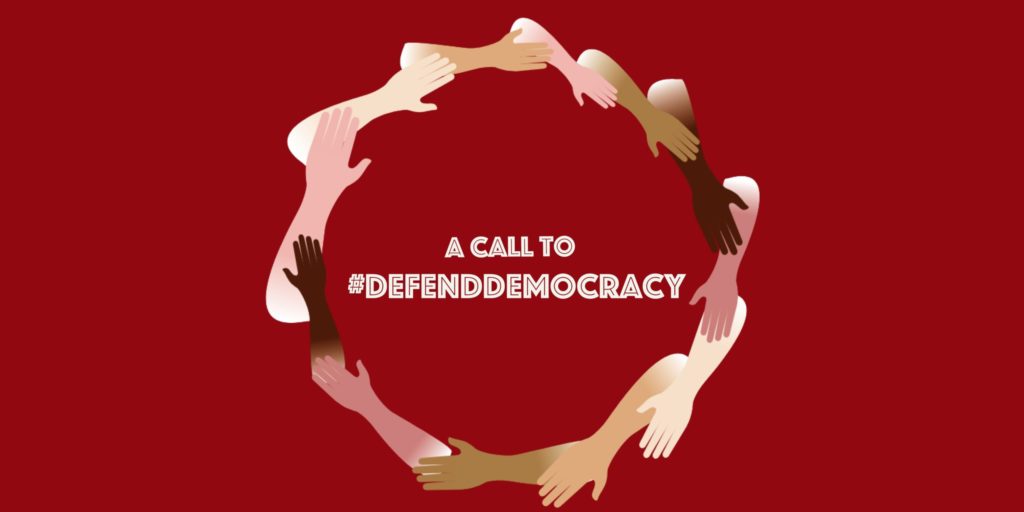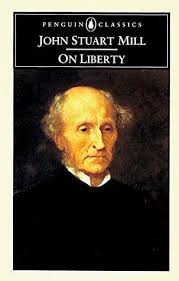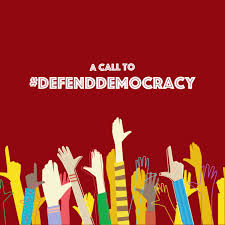
In a recent Atlantic Council/German Marshall Fund virtual meeting, NATO Secretary General Jens Stoltenberg stressing the importance of making NATO a more global alliance to defend democratic values in a world of increasing global competition, note analysts Now the alliance must translate this vision into a new set of missions and find concrete ways to begin implementing them, they suggest.
His observations follow the recent release of “A Call to Defend Democracy”, signed by more than 500 former world leaders and Nobel Laureates which warned that the Covid pandemic poses serious threats to democratic values and institutions. The open letter, initiated by the Stockholm-based International IDEA and the US-based National Endowment for Democracy, was signed by some 73 pro-democracy institutions as well as a roll call of global political and civic leaders, including 13 Nobel Laureates and 62 former heads of state and government.
 In a 2018 paper, Jonathan Baron, a professor of psychology at the University of Pennsylvania, insists on the necessity of flexible thinking in a democracy, writes for The Times:
In a 2018 paper, Jonathan Baron, a professor of psychology at the University of Pennsylvania, insists on the necessity of flexible thinking in a democracy, writes for The Times:
In order for a democracy to function well (both for its own citizens and outsiders), its citizens need to endorse three (somewhat synergistic) social norms, which I called cosmopolitanism, anti-moralism, and actively open-minded thinking.
In making his case, Baron cites John Stuart Mill’s essay “On Liberty,” specifically this famous passage:
The whole strength and value, then, of human judgment, depending on the one property, that it can be set right when it is wrong, reliance can be placed on it only when the means of setting it right are kept constantly at hand. In the case of any person whose judgment is really deserving of confidence, how has it become so? Because he has kept his mind open to criticism of his opinions and conduct. Because it has been his practice to listen to all that could be said against him; to profit by as much of it as was just, and expound to himself, and upon occasion to others, the fallacy of what was fallacious.
The sweeping restrictions needed to respond to COVID19 pose a challenge to democracy as they could limit the core participative dimensions of elections, International IDEA tweeted today.
 On 30 July, the Westminster Foundation for Democracy (WFD) will host an online interview featuring questions from the public with Alex Thier, former director of the Overseas Development Institute (ODI) and Obama administration international aid advisor, to celebrate the launch of his new paper, A Force for Good in the World: Placing Democratic Values at the Centre of the UK’s International Strategy. In an interview with former BBC Head of Political Programmes, Sue Inglish, Thier will argue it is time to put democratic governance at the centre of Britain’s approach to foreign policy, development, and national security. In other words, it’s time to do development democratically.
On 30 July, the Westminster Foundation for Democracy (WFD) will host an online interview featuring questions from the public with Alex Thier, former director of the Overseas Development Institute (ODI) and Obama administration international aid advisor, to celebrate the launch of his new paper, A Force for Good in the World: Placing Democratic Values at the Centre of the UK’s International Strategy. In an interview with former BBC Head of Political Programmes, Sue Inglish, Thier will argue it is time to put democratic governance at the centre of Britain’s approach to foreign policy, development, and national security. In other words, it’s time to do development democratically.
Thursday 30 July
4.00pm UK time
Online event – Register to attend







